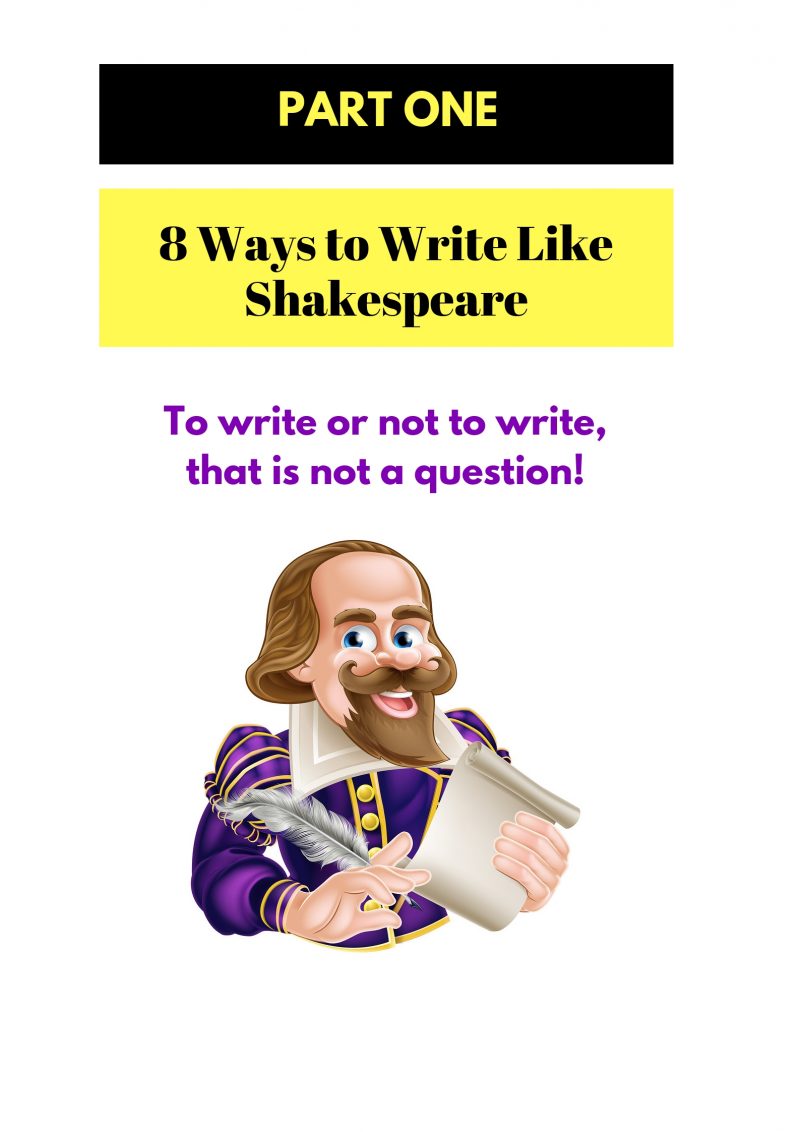This world can be a scary place. It is filled with “ghoulies and ghosties and long-leggedy beasties and things that go bump in the night,” as the old Scottish prayer puts it.
It can be especially scary for writers, believe it or not. Even though we don’t get out much. Maybe because we don’t get out much.
Sure, there’s a phobia for just about everything; but some are more acute or common among people who write. The following is just a short list (some of which are officially recognized by VSP—very smart people—and some of which I made up):
Agentophobia: the fear of literary agents. Also exists in more specific forms, the most common of which is Stevephobia.
Amazophobia: the fear of bad reviews, especially those that appear online. From mean people. Who apparently have issues.
Anthropophobia: the fear of people—especially the fear of meeting new people, instead of just staying at home with the dog, the cat, and the computer.
Bibliophobia: the fear of books. Some people really do have a fear of books, bookshelves, and bookstores. But this phobia can also be experienced by writers who confine themselves to writing articles, devotions, short stories, etc. But a whole book? Whoa, Nelly. How many words did you say it should be?
Catagelophobia or katagelophobia: the fear of being ridiculed. This fear may hinder a writer from writing, inviting critique, submitting, etc.
Deuterophobia: the fear that your second book won’t be anywhere near as good as your first. Also the fear of long and difficult books of the Bible.
Enterophobia: the fear of hitting “send” on an email submission.
Glossophobia: the fear of public speaking, such as speaking up in a classroom or critique group, at a speaking engagement, in a radio or television interview, etc. May also refer to a fear of 8×10 glossy photos.
Graphophobia: the fear of writing itself, or of handwriting. Especially when it causes flashbacks to being made to write on the chalkboard, in second or third grade, in cursive, while the teacher looked on. With a ruler in her hand. Or a bazooka.
Interophobia: the fear of the internet. Or technology in general. Isn’t it just better to write with a rock and a chisel? Sure, it’s slower, but it just feels right.
Peniaphobia: the fear of poverty. A very real phobia afflicting writers everywhere.
Phobiaphobia, the fear of fear itself. Also known as FDRaphobia.
Plagiarophobia: the fear of someone stealing my idea, which is the first of its kind in the history of the world—or at least in the history of human language.
Publiophobia: the fear of being published, which is closely related to catagelophobia.
Redinkophobia: the fear of editors, editing, and marked-up manuscripts.
SASEphobia (pronounced “sassyphobia”): the fear of rejection, named for the self-addressed, stamped envelopes that presaged the dreaded pink slips of rejection, back in the olden days.
Scriptophobia: the fear of writing in public. Seriously, it’s a real thing. Writers are a little like vampires; we shrink from the light of day.
Tropophobia: the fear of making changes. May also be related to egotism. Or pride. Or an unbiblical view of inspiration.
Do any of those hit home with you? Or are you afraid to say so (see what I did there)? What would you add to the list?











